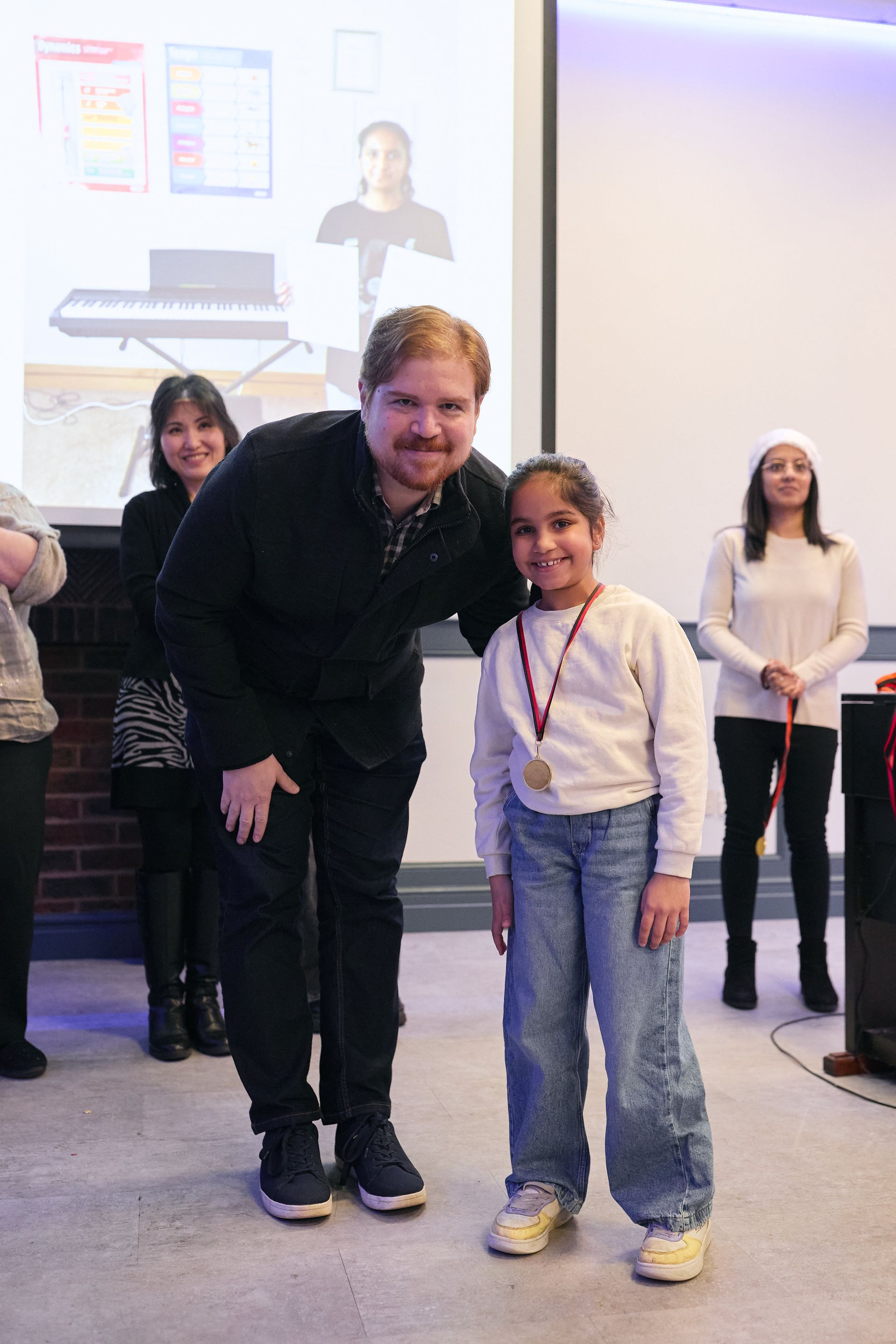Transferrable Skills We Aim to Highlight in Our Piano Lessons
At Key Sounds UK Piano School, our primary objective within piano lessons goes beyond simply teaching music. We understand that learning to play the piano involves more than just mastering notes and rhythms. Our lessons are meticulously designed to emphasize three crucial pillars: communication, concentration, and confidence. Through our tailored approach, we cultivate an environment where students not only enhance their musical abilities but also develop essential life skills.
Communication stands at the core of our teaching methodology. We foster an open dialogue between our instructors and students, encouraging a dynamic exchange of ideas and feedback. Through this communication, students learn to express themselves effectively, not only through music but also in their everyday interactions. Our instructors adeptly guide students in understanding the language of music, ensuring they can interpret and convey emotions through their performances. This communication skill extends beyond the music room, empowering students to articulate their thoughts and feelings with clarity and confidence in various aspects of their lives.
Concentration is another vital facet we focus on in our piano lessons. We understand the importance of focused attention and offer techniques to enhance concentration while playing. Students learn to immerse themselves in the music, honing their ability to stay attentive and dedicated to their practice. This skill transcends the piano, supporting students in their academic pursuits and daily tasks, fostering a habit of mindful engagement in whatever they undertake.
Moreover, building confidence is an integral part of our teaching ethos. We create a supportive and nurturing environment that allows students to explore and challenge their capabilities. As they progress in their musical journey, students not only master the piano but also develop a robust sense of self-assurance. This confidence extends to various areas of their lives, enabling them to approach challenges with resilience and optimism.
At Key Sounds UK Piano School, we take pride in offering more than just music lessons. We believe in shaping well-rounded individuals who can effectively communicate, concentrate deeply, and exude confidence in all their endeavours. Our holistic approach aims to equip students with skills that extend far beyond the keys of a piano, fostering their personal growth and success in life.
If you wish to know more about these hacks and resources, feel free to take a look around our website or connect with us directly!



